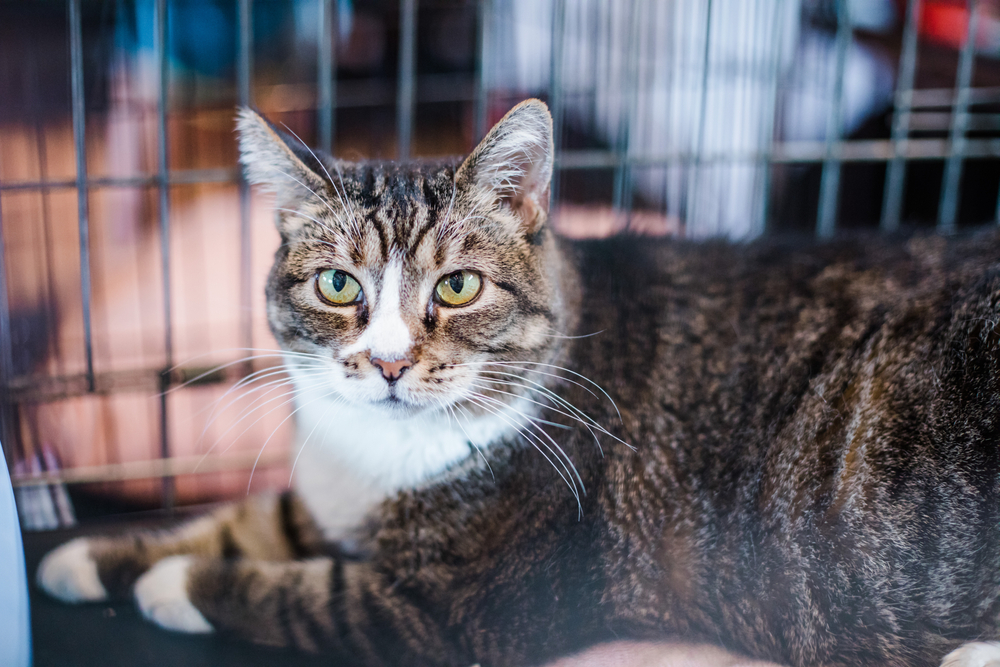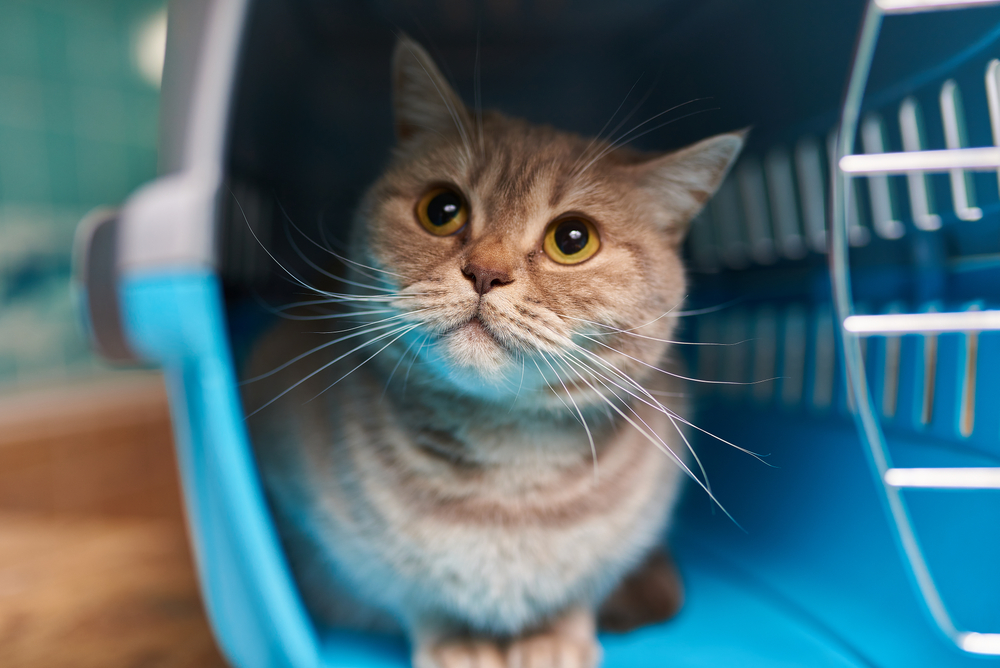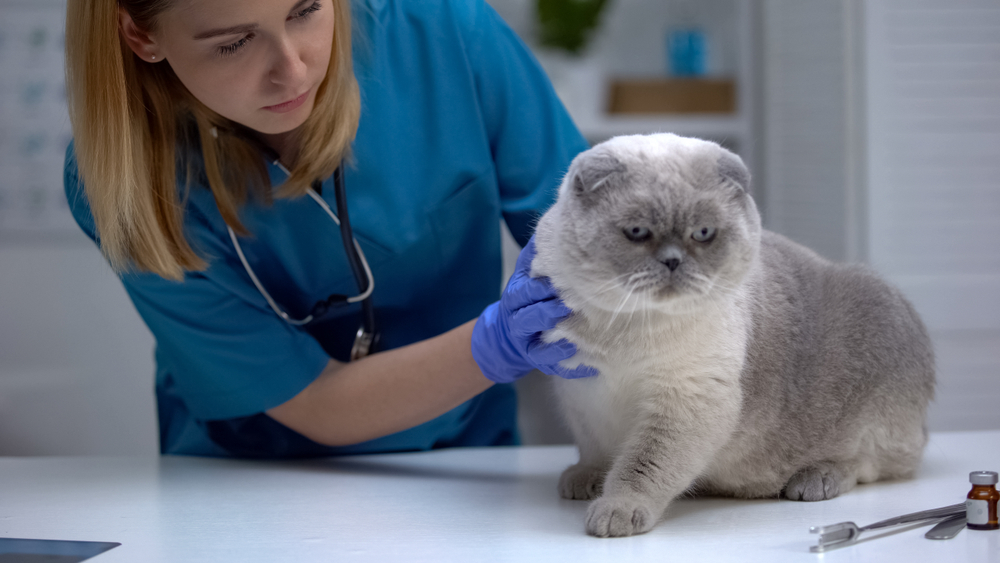Caring For Your Sick Cat: Ensuring Their Health and Happiness

Recognizing the Symptoms of a Sick Cat

• Changes in Appetite: A sudden loss of interest in food or excessive eating can both be signs of underlying health issues.
• Lethargy: If your typically active and playful cat becomes lethargic and spends most of their time sleeping, it may be a cause for concern.
• Vomiting and Diarrhea: Occasional stomach upset is normal, but persistent vomiting or diarrhea can indicate a more significant problem.
• Changes in Litter Box Habits: Frequent urination, straining, or blood in the urine can be indicators of urinary tract issues.
• Breathing Problems: Rapid or labored breathing, coughing, or sneezing may be signs of respiratory issues or allergies.
• Weight Loss or Gain: Significant changes in your cat’s weight without a clear reason can be a sign of illness.
5 Ways to Help Your Sick Cat
1. Consult a Veterinarian: The first and most crucial step is to schedule an appointment with a veterinarian. Professional expertise is invaluable in diagnosing and treating your cat’s illness.
2. Maintain Hydration: Ensure your cat has access to clean, fresh water at all times. If they are not drinking enough, consider offering ice cubes or wet food to increase their fluid intake. Dehydration can exacerbate illness, so it’s vital to keep your cat well-hydrated.

3. Provide Comfort: Create a quiet, comfortable space for your cat to rest. Offer soft bedding, a warm spot, and some favorite toys to keep them company. Cats often find solace in familiar surroundings when they’re not feeling well.
4. Administer Medication Properly: If your veterinarian prescribes medication, follow their instructions carefully. Administering medication as directed is crucial for your cat’s recovery.
5. Monitor Their Progress: Keep a close eye on your cat’s symptoms and report any changes or concerns to your vet. Regular communication with your veterinarian is essential to ensure the best care for your cat.














